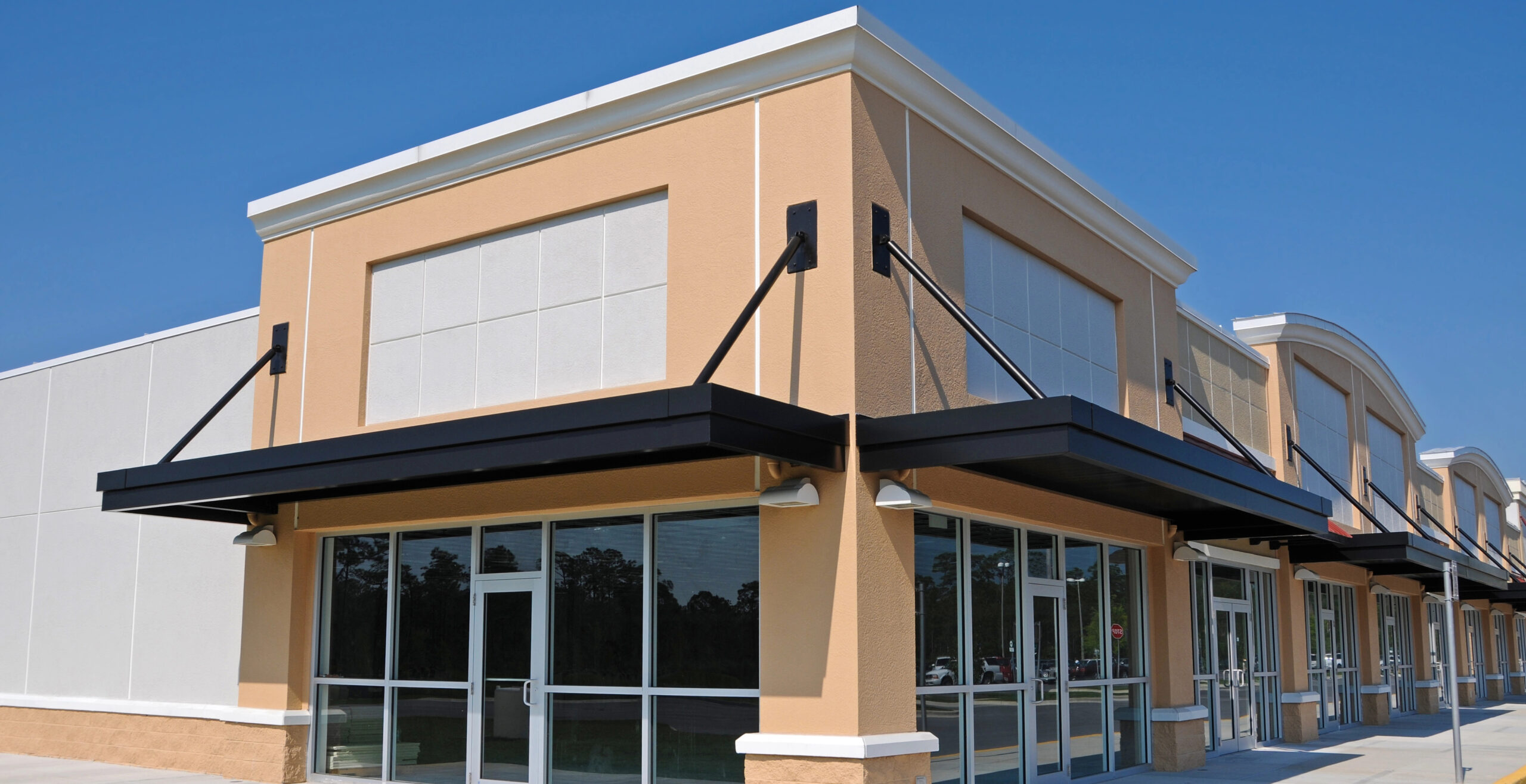P
hilip Raices, a real estate expert with 43+ years of experience, warns that rising consumer staple prices will impact the real estate market. As companies increase prices to stay profitable due to tariffs, consumers will ultimately bear the cost. This may lead to a rise in real estate inventory as people reassess their costs and wait for market conditions to improve.
The purpose of tariffs is to bring back jobs and businesses to the US, but this goal is unlikely to be achieved on a large scale. Instead, the billions gained from tariffs will be offset by reduced consumer spending, decreased sales taxes, and lower discretionary income. The pressure on consumers will have a detrimental effect on the economy.
About half of the US's annual imports come from China, Canada, and Mexico, totaling $1.3 trillion. Only foreign corporations that can avoid tariffs and remain competitive may consider relocating to the US. However, labor costs are a significant factor in outsourcing manufacturing, with average wages in the US being $30 per hour compared to $7 per hour or less in some countries.
Tariffs have historically contributed significantly to federal revenue, but this is no longer the case. Since the 1930s, the US has shifted from tariffs to free trade, relying on income taxes for funding. The current tariffs are a departure from this trend and may not achieve their intended goals.
The US consumer is the largest purchaser of goods and services globally, and tariffs should be applied to countries like China that manipulate their currency and engage in unfair trade practices. However, taxing critical trading partners like Canada and Mexico is a mistake, as it will lead to a tit-for-tat increase in tariffs with no winner in the long run.
Raices suggests balancing tariffs with reduced income taxes to put more money back into consumers' pockets, boosting the economy and increasing sales and income taxes for local and federal governments.














